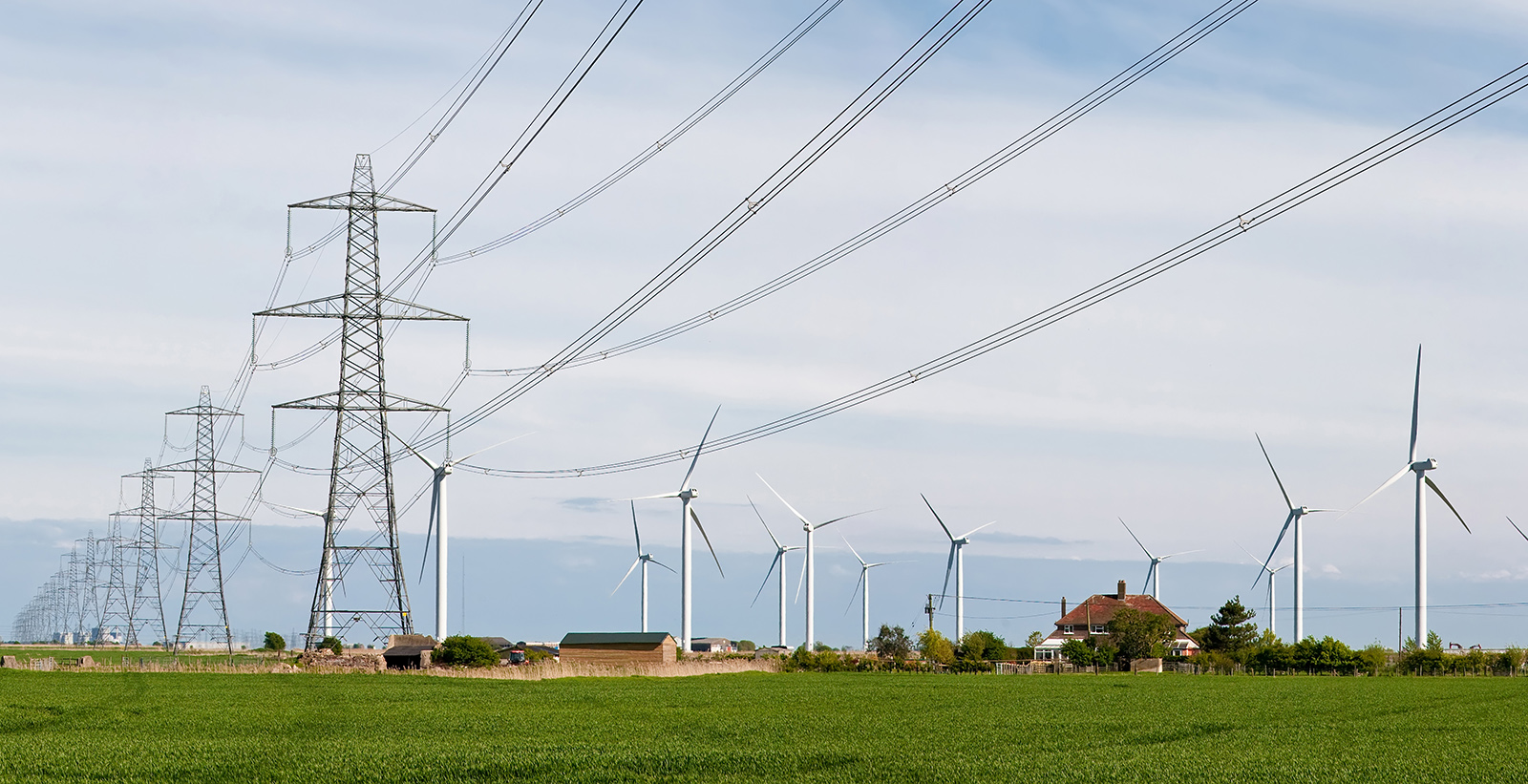General
Nigeria Rejects Single Pathway to Energy Transmission

By Adedapo Adesanya
The federal government has rejected a single pathway to energy transmission, saying that it will still bank on fossil fuels just as it explores other ways to achieve net-zero carbon by 2050.
This was made known by the Minister of State for Petroleum Resources, Mr Timipre Sylva while speaking on Thursday at the Seplat Energy Summit which was held in Abuja and themed Global Trends In Energy Transition.
While acknowledging the importance of renewable and sustainable energy in the country’s future, he emphasised that the country will continue to explore and invest in the development of hydrocarbon resources, explaining that one key way that the country will do this is by pushing for the use of gas as a transition fuel.
He noted that for most African countries with a huge energy deficit, moving away from the deployment of hydrocarbon was a huge concern, stressing that developing countries were striving to attain a certain baseline of industrialisation.
“While acknowledging our commitments to net-zero as a nation, there is no gainsaying the fact that Nigeria requires fossil fuel as its baseload energy source.
“This is undoubtedly a major concern for climate activists in developed nations, but the clamour to emphasise only renewable energy as the sole pathway to energy transition is a source of concern for African countries that are still working to achieve baseload industrialisation, address energy poverty and ensure reliable power supply.
“This is why in Nigeria; we reject the concept of a single pathway to the energy transition. Indeed, we prefer the concept of ‘just’ energy transition which takes into cognisance the specific circumstances of each nation in developing the energy transition pathway that best achieves the environmental, social, political and economic objectives of the transition in that specific nation.
“Multiple pathways to the energy transition should and must exist in order to ensure that no country is left behind in the process of achieving net-zero by 2050,” the Minister said at the event monitored by Business Post.
Mr Sylva explained that gas would be central to Nigeria’s plan for energy transition, adding that, “First is the focus on gas. For us, this is at the heart of the energy transition and represents the first step in the journey to renewables, away from oil.
“Already, we have declared that gas is our transition fuel, and also represents a destination fuel, as we envisage that it will be part of our energy mix by 2050, given the vast resources that can be commercialised and utilised.”
The Minister also said that the passage of the Petroleum Industry Bill by the parliament and the signing into law by President Muhammadu Buhari will significantly boost Nigeria’s potential to achieve its oil production to four million barrels per day.
In addition, he said the PIA will also boost the nation’s oil reserves from 37 billion barrels to 40 billion barrels.
“The PIA 2021 will undoubtedly assist in harnessing Nigeria’s potential to achieve its oil production to four million barrels per day and oil reserves from 37 billion barrels to 40 billion barrels while also drawing on the country’s estimated 600 cubic ft of natural gas to provide clean and efficient energy,” Mr Sylva said.
According to the Minister, the new law has “enhanced the Nigerian Petroleum Industry’s reputation, provided the pathway to new investments and consolidates our ability to play a significant role in meeting the world’s growing demand for energy.”
General
NIMASA Rallies Stakeholders’ to Develop National Action Plan

By Adedapo Adesanya
The Nigerian Maritime Administration and Safety Agency (NIMASA) has pledged its commitment to provide the regulatory leadership, technical coordination, and stakeholder engagement required to successfully develop and implement a robust National Action Plan on maritime decarbonization in Nigeria.
The Director General of the agency, Mr Dayo Mobereola, made this known during the National Stakeholders’ workshop on the development of a National Maritime Decarbonization Action Plan, further describing the workshop as a critical step in actualising the Federal Government’s blue economy and climate objectives.
Represented by the Executive Director, Operations, Mr Fatai Taiye Adeyemi, the NIMASA DG underscored the significance of the IMO GreenVoyage2050 Project, a technical cooperation initiative /designed to support developing countries in implementing the IMO GHG Strategy.
According to him, the National Action Plan being developed will reflect national realities, leverage existing capacities, address identified gaps, and align with broader economic and environmental priorities of the federal government.
Mr Mobereola stressed that “this transition is not merely about compliance with international obligations, it is about safeguarding our marine environment, protecting public health, strengthening the blue economy, and ensuring that our maritime industry remains competitive and future-ready”, the DG said.
Also speaking at the event was the Technical Manager of the IMO GreenVoyage2050 Project, Ms Astrid Dispert, who highlighted that the overarching objective of the initiative is to advance a coherent and globally aligned regulatory framework to accelerate maritime decarbonization.
She also emphasised that NIMASA plays a pivotal role in driving the project at the national level.
The IMO GreenVoyage2050 Project provides technical expertise and institutional support to assist countries in developing and implementing National Action Plans that promote sustainable shipping practices, encourage investment in clean technologies, and strengthen capacity for long-term emissions reduction.
Through this collaboration, the federal government is advancing deliberate steps towards maritime decarbonization, reinforcing its commitment to global climate goals and ensuring a cleaner, greener, and more sustainable future for the sector.
General
BPP Mandates Digital Submission for MDAs From March 1

By Adedapo Adesanya
The Bureau of Public Procurement (BPP) has directed all Ministries, Departments and Agencies (MDAs) to comply with its digital submission process effective March 1.
The directive was contained in a circular signed by the Director-General of the Bureau, Mr Adebowale Adedokun, noting that the move was part of the bureau’s commitment to digital transformation and paperless governance.
It explained that the transition followed an earlier circular of Aug. 4, 2025, which introduced electronic submission procedures.
According to the bureau, it has successfully moved from physical filings to a dedicated e-mail service for document submissions and is now advancing to a more robust and integrated system.
The circular announced the inauguration of the BPP Digital Submission Portal, a web-based platform designed to enable MDAs submit procurement-related documents directly to the Bureau.
It stated that the automated platform would streamline the submission process, enhance transparency and ensure accelerated tracking of procurement-related documents and petitions.
“With effect from March 1, all MDAs will be required to use the portal to submit requests for ‘No Objection’ Certificates, approvals for ‘No Objection’ for special procurements, clarifications and status updates on submissions,” the bureau said.
It added that the portal would be hosted on the Bureau’s official website and would become fully operational from the effective date.
The bureau warned that physical submissions or manual hand-deliveries would no longer be prioritised and would eventually be rejected following the full transition to the digital platform.
It urged accounting officers to brief their procurement departments and ICT units on the development to ensure seamless processing of procurement activities from March 1.
It further advised MDAs to contact the Bureau via its official email for information on the onboarding process and integration into the portal.
The bureau emphasised that full compliance by all MDAs was required to ensure a smooth transition and avoid delays in the implementation of the 2026 fiscal year procurement processes.
General
Senate Seeks Removal of CAC Boss Hussaini Magaji

By Adedapo Adesanya
The Senate has asked President Bola Tinubu to remove the Registrar General of the Corporate Affairs Commission (CAC), Mr Hussaini Ishaq Magaji, from office.
The Senate Committee on Finance, while passing a resolution in Abuja on Thursday, accused Mr Magaji, a Senior Advocate of Nigeria (SAN), of failing to honour the Senate’s invitations to account for the finances of his agency.
“He refused on so many occasions to honour our invitation to appear before this committee.
“We have issues with the reconciliation of the revenue of CAC.
“Each time we invite him, he gives us excuses,” the Chairman of the committee, Mr Sani Musa, said as the committee passed the resolution.
CAC was part of a group of agencies that the House of Representatives Public Accounts Committee (PAC) recommended zero allocation for the year 2026, for allegedly failing to account for public funds appropriated to them.
The committee, at an investigative hearing held two weeks ago, accused CAC and some other ministries, departments and agencies (MDAs) of shunning invitations to respond to audit queries contained in the Auditor-General for the Federation’s annual reports for 2020, 2021 and 2022.
The PAC chairman, Mr Bamidele Salam, stated that the National Assembly should not continue to appropriate public funds to institutions that disregard accountability mechanisms, saying this will create fiscal discipline and strengthen transparency across federal institutions and conform with extant financial regulations and the oversight powers of the parliament.
“Public funds are held in trust for the Nigerian people. Any agency that fails to account for previous allocations, refuses to submit audited accounts, or ignores legislative summons cannot, in good conscience, expect fresh budgetary provisions. Accountability is not optional; it is a constitutional obligation,” he said.
-

 Feature/OPED6 years ago
Feature/OPED6 years agoDavos was Different this year
-
Travel/Tourism10 years ago
Lagos Seals Western Lodge Hotel In Ikorodu
-

 Showbiz3 years ago
Showbiz3 years agoEstranged Lover Releases Videos of Empress Njamah Bathing
-

 Banking8 years ago
Banking8 years agoSort Codes of GTBank Branches in Nigeria
-

 Economy3 years ago
Economy3 years agoSubsidy Removal: CNG at N130 Per Litre Cheaper Than Petrol—IPMAN
-

 Banking3 years ago
Banking3 years agoSort Codes of UBA Branches in Nigeria
-

 Banking3 years ago
Banking3 years agoFirst Bank Announces Planned Downtime
-

 Sports3 years ago
Sports3 years agoHighest Paid Nigerian Footballer – How Much Do Nigerian Footballers Earn












